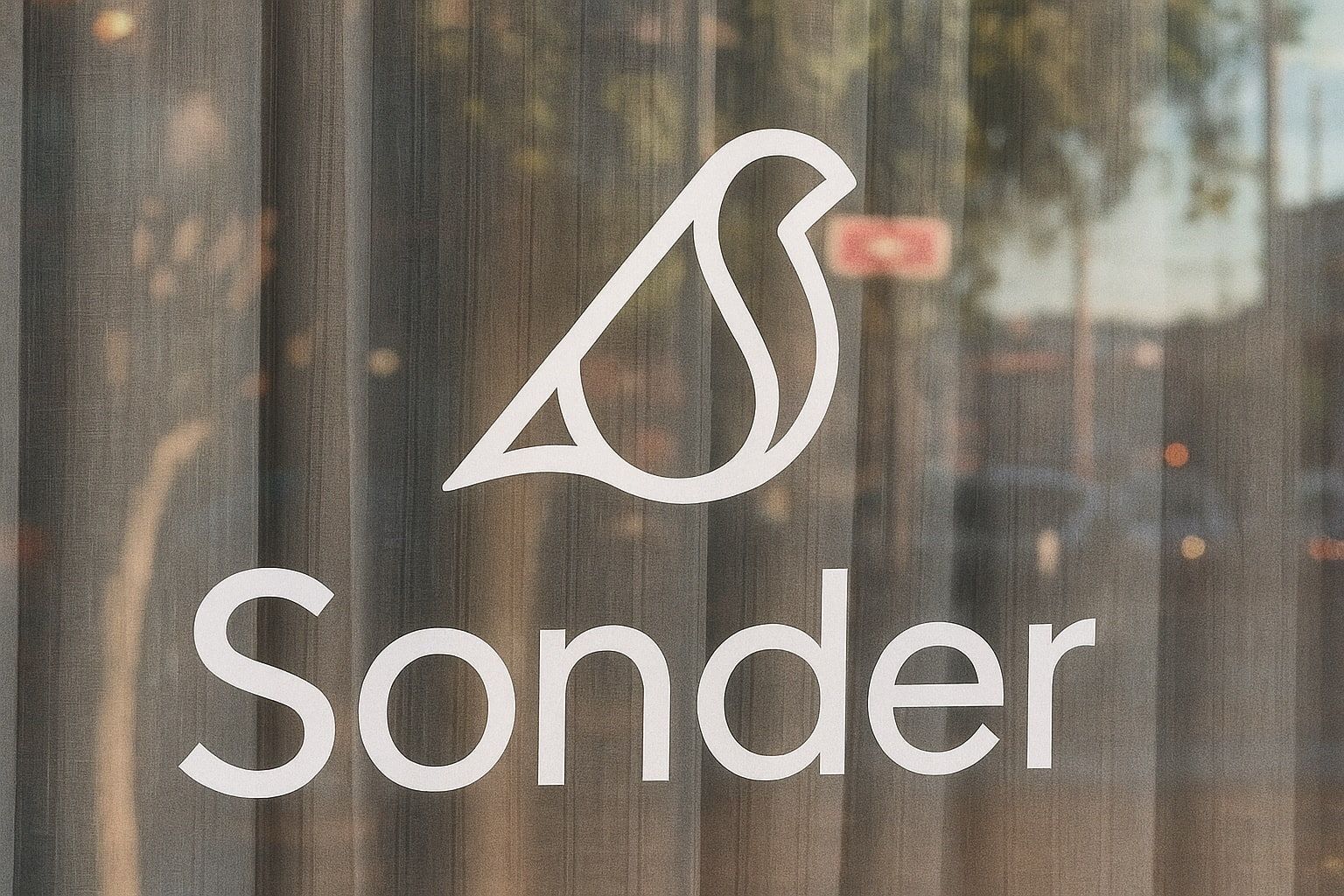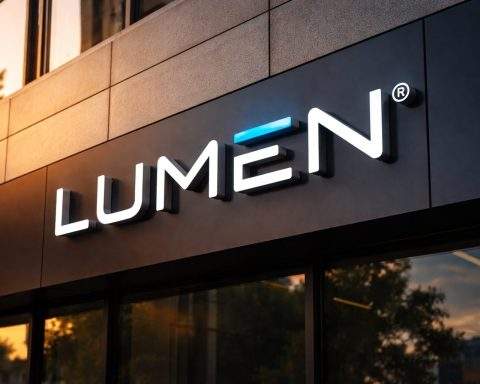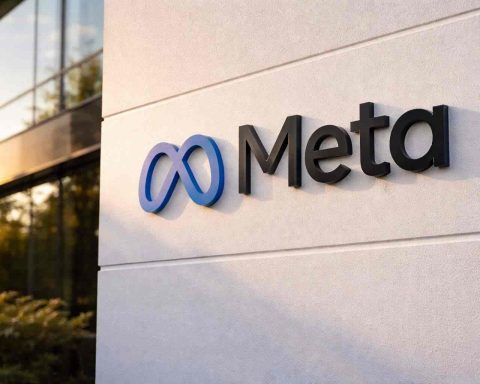Sonder Holdings Inc. (NASDAQ: SOND), once pitched as a tech‑driven rival to Airbnb and a partner of Marriott International, is now in full collapse mode. The company is winding down operations, expecting to file for Chapter 7 bankruptcy of its U.S. business and begin insolvency proceedings abroad, while guests around the world report being told to leave their rooms with only hours’ notice. 1
SOND stock today: extreme volatility under 25 cents
As of this afternoon (Nov. 13, 2025), SOND stock is trading around $0.17, up modestly on the day but still hovering near all‑time lows after this week’s crash. Intraday, the stock has swung between roughly $0.20 and $0.37, on huge volume of over 90 million shares, highlighting intense speculation even as the business itself is effectively shutting down. 2
Key snapshot:
- Current price: ≈ $0.17
- Previous close: ≈ $0.16
- Day range: ≈ $0.20 – $0.37
- 52‑week range: ≈ $0.13 – $4.30 2
- Market cap: ~$3 million, down from a multi‑billion‑dollar valuation at its 2022 public debut 2
In a fresh note published today, AInvest highlighted that SOND fell about 25% intraday to a record low, calling it the steepest one‑day slide since the stock’s listing, driven by the fallout from Marriott’s termination and the announced Chapter 7 liquidation. 3
Separately, technical site StockInvest.us reiterated a negative rating on SOND, describing the chart as being in a “very wide and falling trend” and upgrading the stock only from Strong Sell to Sell. 4
Bottom line for traders: SOND now trades like an option on the bankruptcy process. Price swings are huge, but they’re happening against a backdrop where common equity has a high probability of being wiped out in liquidation. Nothing here should be taken as investment advice; always do your own research and consider professional guidance.
What’s new today? Key Sonder headlines on November 13, 2025
Based on today’s coverage, here’s what’s moving the Sonder story right now:
- Fresh analysis of the stock crash
- AInvest reports SOND dropped roughly 25% intraday to a record low today, framing the move as the market pricing in Chapter 7 liquidation after the Marriott breakup. 3
- Deeper post‑mortems of the collapse
- New AInvest pieces published overnight dissect Sonder’s downfall as a “cautionary tale” for hospitality tech, pointing to a current ratio near 0.25, a deeply negative Altman Z‑Score and mounting leverage as evidence of severe financial distress even before this week’s news. 5
- Travel chaos focus intensifies
- Fox Business today highlighted “travel chaos” as guests at Marriott‑branded Sonder properties were reportedly told to vacate with minimal notice after the company’s bankruptcy plans surfaced. 6
- Australian outlet news.com.au ran a piece describing guests around the world feeling “homeless” after being evicted from rentals on only a few hours’ notice. 7
- Sector ripple effects start to appear
- New analysis pieces argue that the Sonder implosion is already reshaping how investors think about asset‑heavy, tech‑branded hospitality models, with higher scrutiny on liquidity and reliance on big‑brand partnerships like Marriott’s. 8
- Follow‑on coverage of stranded guests and opportunistic rivals
- Business and travel outlets continue to profile stranded travelers and note that rival rental firms are scrambling to capture former Sonder customers in key cities now suddenly without inventory. 9
These pieces build on the core developments from November 9–11: Marriott walking away from the partnership and Sonder’s own announcement that it will wind down and liquidate.
How we got here: Marriott pulls the plug, Sonder hits the wall
The Marriott deal that went very wrong
In August 2024, Sonder signed a licensing agreement with Marriott International, rebranding its units under the “Sonder by Marriott Bonvoy” label and giving the struggling startup a critical cash infusion of roughly $140 million+ in liquidity and access to Marriott’s powerful distribution and loyalty engine. 10
The idea:
- Sonder would provide its design‑forward apartments and boutique hotels.
- Marriott would plug those units into Bonvoy and its global reservations systems, driving occupancy and cash flow.
In practice, this turned into a slow‑motion accident. Sonder has repeatedly blamed:
- Severe technology‑integration challenges linking its own systems to Marriott’s booking platforms.
- Delays and cost overruns as engineers tried to align reservation, payment and loyalty systems across both companies.
- A sharp revenue decline linked to these integration issues, which reportedly “materially” eroded working capital instead of boosting it. 10
Marriott, for its part, says it terminated the licensing agreement on November 9 due to Sonder’s default, immediately removing Sonder inventory from Marriott.com and the Bonvoy app. It has stressed that its focus is helping guests who booked Sonder stays through Marriott channels find alternative accommodation. 11
Sonder’s own announcement: immediate wind‑down
On November 10, Sonder issued a press release stating that its board had decided to: 1
- Immediately wind down operations,
- Cease new bookings and cancel existing reservations, and
- Prepare a Chapter 7 liquidation of its U.S. business, alongside insolvency proceedings in other jurisdictions.
Interim CEO Janice Sears said the company was “devastated” to conclude that liquidation was the only viable path, citing: 10
- unexpected integration problems with Marriott,
- substantial unplanned integration costs, and
- a material loss of working capital.
Sonder said it had explored potential rescues, capital raises and sale options, but none were feasible given its cash position and obligations.
Behind the collapse: years of losses and thin liquidity
While this week’s headlines were triggered by Marriott’s decision, the financial rot at Sonder has been visible for some time.
- In 2024, Sonder generated about $621 million in revenue, up slightly year‑on‑year, but still posted a net loss of roughly $234 million. 2
- In Q1 2025, revenue fell to about $118.9 million, with a net loss of approximately $56.5 million and a reported stockholders’ deficit of more than $650 million. 12
- In Q2 2025, revenue slipped again to around $147.1 million, down about 11% year‑over‑year, while the company booked a net loss of roughly $44.5 million (–$3.96 per share), plus additional integration and restructuring charges linked to the Marriott tie‑up. 13
- By mid‑2025, Sonder was still carrying almost $1.5 billion in lease and debt obligations, with a persistent stockholders’ deficit. 13
Analysts at AInvest now estimate Sonder’s current ratio around 0.25 and an Altman Z‑Score below zero, metrics typically associated with companies already in or very near bankruptcy. 5
An in‑depth post‑mortem by CRETI characterizes Sonder’s downfall as “structural, not cyclical”, arguing that the company tried to apply a high‑growth tech valuation to a capital‑intensive real estate business. Operating with less than one quarter of cash runway relative to its fixed obligations, the analysis says, left the firm highly vulnerable once the Marriott partnership faltered. 8
Human impact: guests locked out, bags in the hallway
The financial story is only half of what’s unfolding. Around the world, guests who believed they had confirmed Sonder or “Sonder by Marriott Bonvoy” bookings are suddenly finding themselves without a room.
Recent reports across multiple outlets describe:
- Guests in New York, Boston, Barcelona, Philadelphia and other cities being told they had less than 24 hours to vacate, sometimes via late‑night emails. 14
- One CBS interviewee who returned to his Boston property to find his bags already packed and left in the hallway after being told to leave. 14
- Travelers in Australia and Europe describing themselves as “left homeless” for the night while scrambling to rebook last‑minute accommodation at far higher rates. 7
Marriott has said it will contact and assist guests who booked Sonder stays directly through its own platforms, but people who used third‑party agencies may need to seek help via those channels or through chargebacks and travel insurance. 10
For many travelers, Sonder’s app and front‑desk support have simply gone dark, leaving properties shuttered and doors locked with minimal on‑site staff to answer questions. 15
What this means for SOND shareholders
For equity holders, the situation is stark:
- Sonder has announced an immediate wind‑down of operations and intended Chapter 7 liquidation of its U.S. business. 1
- In a typical Chapter 7, secured creditors and landlords are paid first, followed by other creditors. Common shareholders are last in line and often receive nothing.
- Analysts now treat SOND more as a distressed speculation than a going‑concern equity. Sites tracking technicals and fundamentals emphasize persistent negative signals and deep fundamental impairment. 4
Business Insider notes that Sonder went public around 2022 with a valuation near $1.9 billion, making today’s sub‑$5 million market cap a near‑total destruction of shareholder value. 9
Again, none of this is investment advice, but the probability that SOND common stock ends up worthless is high given the company’s own plans to liquidate.
Bigger picture: a warning for “asset‑light” hospitality startups
The Sonder saga is also sparking broader questions about the sustainability of venture‑backed hospitality platforms that:
- Sign long‑term, fixed leases on buildings,
- Spend heavily on fit‑out and technology, and
- Rely on third‑party distribution partners (like major hotel brands or OTAs) to drive occupancy.
Analysts and industry commentators are drawing out several lessons: 8
- Partnership risk can be existential
- When Marriott walked away, Sonder instantly lost a crucial booking pipeline and a large share of its liquidity thesis. The partnership that once signaled validation ultimately became a single point of failure.
- Integration risk is real money
- Delayed tech integration with Marriott didn’t just annoy developers; it appears to have driven revenue shortfalls and unexpected costs that accelerated the cash crunch.
- “Tech company” branding doesn’t erase real‑estate math
- Even with slick apps and digital check‑in, Sonder still carried the fixed obligations of a traditional hotel operator. When demand or distribution faltered, high fixed costs and leases remained.
- Liquidity matters more than narrative
- CRETI and other commentators emphasize that Sonder operated with too little cash buffer relative to its lease and debt commitments. In a high‑rate, post‑SPAC environment, that left little room for error. 8
Expect lenders, landlords and brand partners to tighten terms around similar models, demanding more conservative leverage, longer cash runways and clearer contingency plans before signing long‑dated deals.
What to watch next
Over the coming days and weeks, key milestones for anyone following Sonder will include: 16
- Formal Chapter 7 filing in U.S. bankruptcy court and details on appointed trustees.
- International insolvency proceedings in markets where Sonder operated (Europe, the Middle East, Canada and beyond).
- Treatment of guests and prepaid bookings in court filings and any potential claims processes.
- Landlord and creditor actions, including property repossessions, lease claims and possible litigation.
- Regulatory or legal fallout, such as shareholder suits tied to the SPAC listing and subsequent disclosures.
For now, though, the story of Sonder Holdings Inc. is effectively over as an operating company. What remains is a messy unwinding of leases, assets and legal obligations — and one of the most dramatic value wipeouts in recent hospitality‑tech history.
This article is for informational purposes only and does not constitute financial, legal, or investment advice. Markets move quickly; always check the latest filings and market data before making decisions.






